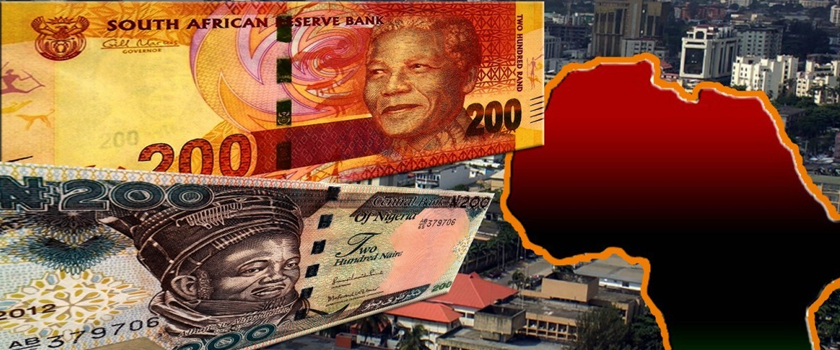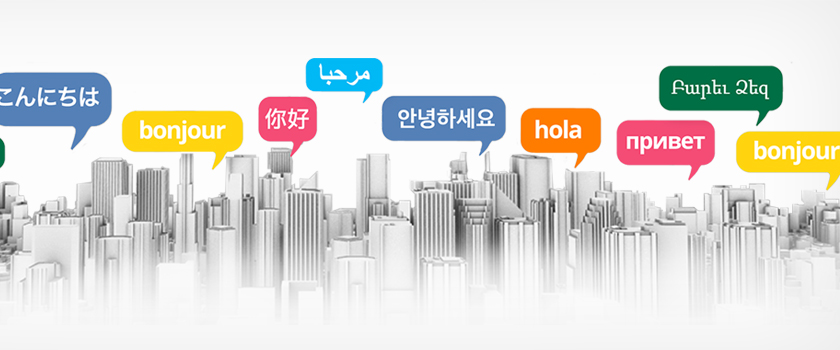2025 Offer Request a Quote Today and Grab a $50 Coupon for Free!
Is it a skill you need to speak a good language? Or is it how excellent the speaker you are in a specific language?
Or is it both?
According to a rough estimate, let’s say there are 6500 languages in the world, now how many of those languages are you familiar with? To be fluent in a language, vocabulary is not the only thing you need to focus on. Fluency comes along with patience, skill, and hardship with extra training to make sure that you have the command over the language. If you say you speak a language "quite fairly" it doesn't mean you have excellent spoken skills in the said language. It actually suggests that your fluency is average or less than average at the best.
At the very best how well reversed are you in French? If you are a translator you may answer like you are a C1 reader but with lingual skills of a B2 and so on. Feeling lost already? Worry not, we are here to simplify things for your understanding, so you can better understand the language you are keen to learn or speak. Let’s leaf through some of the integrated levels of languages:
CEFR, Common European Framework of Reference, rates a language i.e. how well-spoken a language is by the individual.
According to this framework, language is divided into 6 levels (A1, A2, B1, B2, C1, and C2). For some B2 is fluent enough in the targeted language. Someone may be fluent at three levels or some only at one depending on the level of conversation.
When a child learns to speak a language without any prior effort, that child in question is a native speaker. This case represents L1 Speakers. If you let the child learn a new language at an early age and he retains in the environment he will adapt the language as second nature and soon within a short time he will be chatting fluently. The best age to start this practice? It is preferred to start the practice when a child is below 10 years of age.
The phase of teens and adolescence slows down the learning process, hence the critical period to learn muscle memory, because a person has to face more resistance at a latter age. Therefore if you want to rate an L1 Speaker, you can't because all of them have the more or less the same level of accuracy and fluency.
Anyone past the critical period learns a language will be considered as a foreign speaker because they already have developed a native language at an early age. They need a developed or organized study plan to understand a language and to gain fluency in it. For instance, professional translators are mostly native speakers, but there's a large number of translation working in professional translation services who are foreign speakers, but years of experience have added up and given them the required flexibility of the language. We call them L2 Speakers as well because their learning pace is slow due to the age constraint.
Progress happens, but its slow and tiring process for the L2 Speaker. Did you ever consider why the CEFR rating is higher in Europe? The businesses and education sector (universities in particular) need to be language proficient for their daily regime. This rating system helps them be organized and keep in touch with the right resource.
So it suffices to say learning a language at a young age is suffices one to be a native speaker rather than become a foreign speaker.
Like everything else, fluency is measurable. There are stimulating methods to determine the language proficiency level, which is actually divided into four categories;
The basic step to identify how well aware you are about the words is how well you can recognize the words. It still doesn't determine how well good a speaker you will be as an excellent reader might not be able to make perfect conversations.
Language is sometimes easier to speak then to interpret from the written script. There are formal tests to assess the literacy level of writing in the foreign language but then again the limitation is the test performance of L1 Speaker will be better than L2 Speaker even though he may the particular language may not be the mother tongue to either.
How well you do in social gatherings? Sometimes small talk is better and conveys the meaning, for instance, a B2 speaker can be fluent but is liable to make errors and omissions despite how good he is in making a conversation although he can read newspapers or novels.
Sometimes we do not pay attention intentionally but our brain tends to create muscle memory. Consider it as background noise, you are aware it's present without even trying to, (something similar to L1 Speaker). Whether you listen to music or hear someone talking if you are living in the desired situation, you may develop a sense of keen listening and memorize the words or dialect without even giving it a second thing.
Now That is Pretty Impressive!
Sometimes, people are shy or hesitant due to their introvert nature regardless of how good a speaker they are. The lack of confidence is what thaws their lingual skills. A translator, however, utilizes the opportunity to communicate with the clients whether they work a full-time job or as a freelancer.
Once you have attained a good understanding of the language, you can recognize the vocabulary and the references far easier. So to determine how fluent you are in the language, your fluency is co-dependent on various factors.
You ought to be able to rate yourself and have a fair idea about your level of expertise or you can go through a self-assessment test to analyze your experience.
In any case, kudos!

On the Labour Day Holiday, 147,000,000 Plus Chinese people choose to travel around the country. Labour Day is one of the
Read more
There are 196 countries in the world in which 25 of them are very rich which shows that they are
Read more
dwg: It means a drawing file save format created by AutoCAD, and now has been the standard format of 2D
Read more
To sum up the publicity stance, sometimes the marketing campaigns do not have their envisioned result. When publishing the brand ads
Read more
The state of Assam is the king producer of tea in India; Dibrugarh is the hub of tea gardens in
Read more
Digital signage is the form of electronic display that shows information, advertising and other messages. Digital signage such as LCD,
Read more
Did you know that Malay’s official name is Bahasa Malaysia? Did you know that it is basically a parent language
Read more
Portuguese is the language that far too often gets ignored. But the truth is Portuguese is one of the world’s
Read more
For the past 5-6 years, Translation Services have seen a great boom in business. Although, large corporate firms have been
Read more

